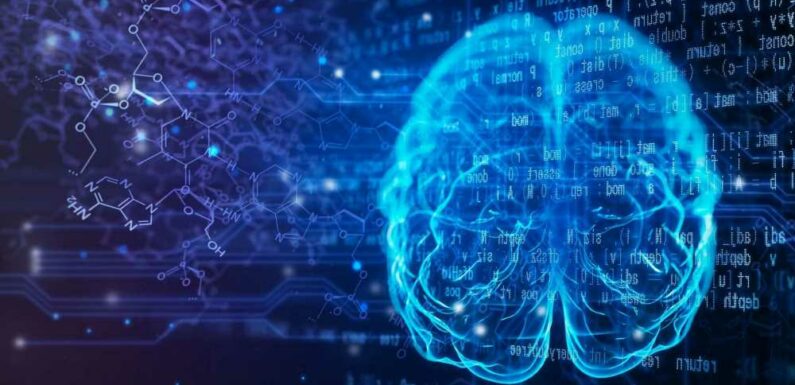
SCARY images created via artificial intelligence (AI) have revealed how scientists can read your mind – with up to 80 per cent accuracy.
Scientists were able to reconstruct images people looked at using a new AI-powered algorithm.
All the algorithm needed were people's brain scans.
"We show that our method can reconstruct high-resolution images with high semantic fidelity from human brain activity,"the research team from Osaka University wrote.
They determined that the algorithm was able to reconstruct images with a similar level of accuracy as a previous study from Cornell University, whose AI-generated images had about an 80 per cent similarity to the originals.
The Osaka scientists – whose study was published on bioRxiv – used the brain scans of four people who were shown sets of 10,000 images, including a teddy bear, a train, a clock tower and someone skiing.
Read more on AI
I delayed my smear test but artificial intelligence gave me a second chance
AI receptionists to predict NHS no-shows and slash missed hospital appointments
Scans were made using functional magnetic resonance imaging (fMRI), a brain scanning technique that measures the small changes in blood flow that occur with brain activity.
It can be used to examine which parts of the brain are handling critical functions such as language and memory, and evaluate the effects of stroke or other diseases.
The scans used in the study mapped which brain regions were activated while participants looked at each of the 10,000 images.
Scientists then used a machine learning framework called a Stable Diffusion model – which can create any imagery based on text inputs (descriptions) -to reconstruct the pictures; basically, read the participants' minds.
Most read in Health
Prostate cancer breakthrough raises hopes of stopping disease in its tracks
Four bizarre snoring hacks – but do they actually work?
NHS prescription charges will rise next month – everything you need to know
Shocking video shows woman, 90, collapsed for 4 hours before ambulance arrives
The research first team evaluated how accurate the resulting images were both objectively, using perceptual similarity metrics. They conducted algorithm-led identification experiments to determine whether the AI images were more similar to the corresponding original image or a random one.
They also did this subjectively, by assessing whether the original images could be identified from the AI generated images.
"Overall, reconstruction quality was stable and accurate across subjects," they concluded.
"These results suggest that our method captures not only low-level visual appearance, but also high-level semantic content of the original stimuli," the researchers added.
AI powered technology is increasingly finding its way into the health sector.
The NHS last year revealed it will use AI to detect, screen and treat those at risk of hepatitis C in a bid to eradicate the life-threatening disease by 2030.
And a pilot in Essex is using computer algorithms to predict when patients will bail on appointments based on their past record, their jobs and weather and traffic data.
Meanwhile, experts have claimed that AI chatbot ChatGPT could help students pass an exam to qualify as a doctor.
Source: Read Full Article






